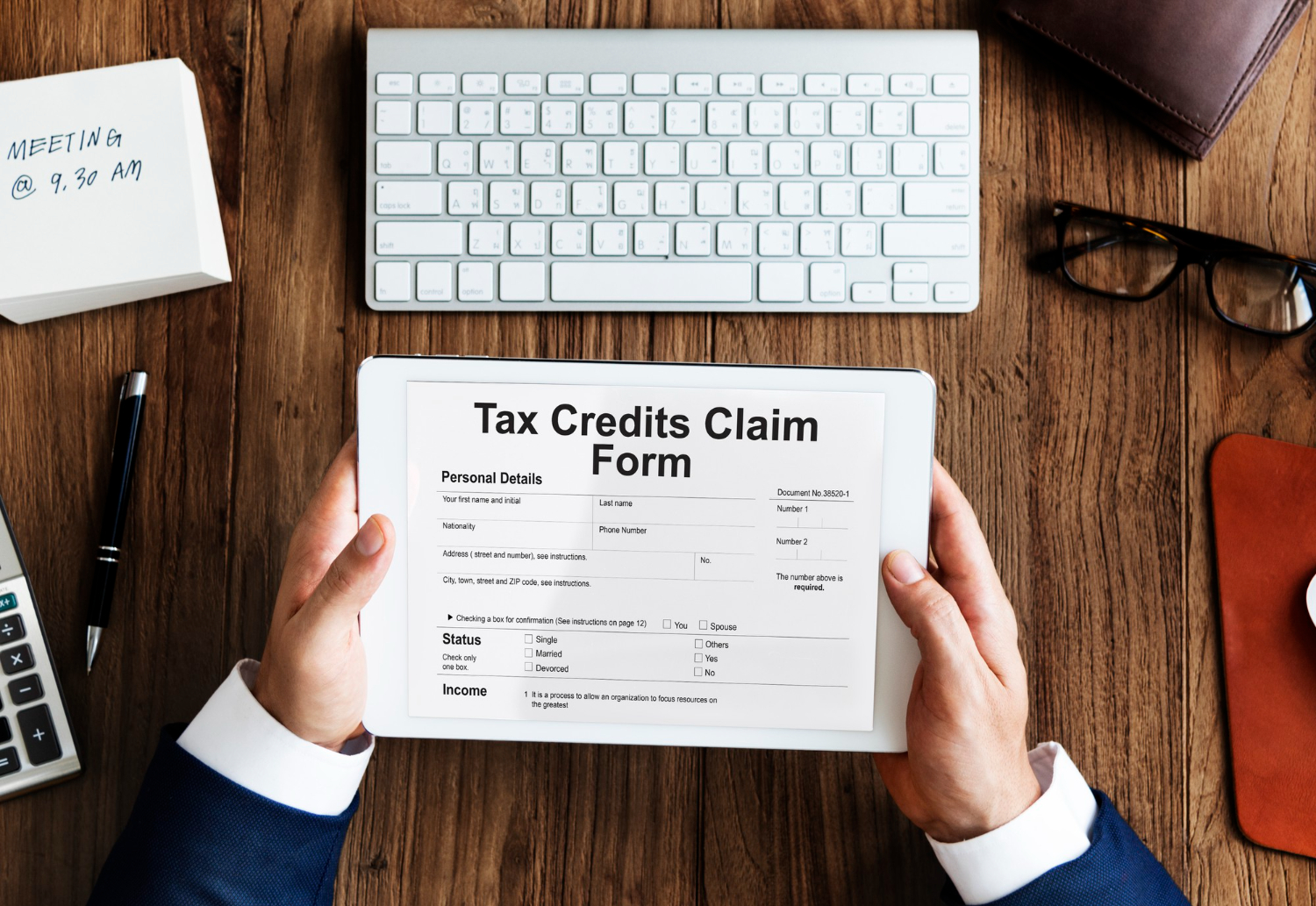Profits and Gains of Business or Profession – Income Tax
One of the heads of income under the Income Tax Act is “profit and gains of business or profession.” The Income Tax Act divides a taxpayer’s taxable income into five categories or heads of income for the purpose of determining his or her tax due. After salaries and residential property income, business profits are the third type of income covered by the Act. This heading is used to categorize or aggregate income generated by the taxpayer in the course of his or her business or professional activities. The taxpayer must state the number of profits and gains from a business or profession when filing an income tax return if the assessee has any such income.
List of Earnings Categorized as Profits and Gains from a Business or Profession
Under the heading “Profits and gains of business or profession,” the following incomes will be subject to income tax:
- Protis and earnings are derived from any business conducted by the assessee at any time throughout the financial year.
- Any payment or compensation owed to or received by:
- Any person in connection with the termination or modification of an arrangement for the management of an Indian company or another company’s entire or nearly entire affairs.
- At or in connection with the termination or modification of the terms of the agency, any person holding an agency in India for any part of the activities connected to the business of any other person.
- Any individual for or in connection with the Government, or any corporation owned or controlled by the Government, receiving the management of any property or business under any law in effect at the time.
- Profits earned by a trade, professional, or similar organization from specialized services provided to its members. This is an exception to the usual rule that a surplus generated by a mutual organization cannot be considered taxable income.
- The following are some of the export incentives:
- Profits from the sale of import licenses issued under the Imports (Control) Order for exports.
- Cash aid, by whatever name, received or receivable in exchange for export.
- Customs and Central Excise duties have downsides.
- Any gain from the sale of the Duty Entitlement Pass Book Scheme.
- Any profit from the sale of the Duty-Free Replenishment Certificate.
- Any benefit or perquisite arising during the course of doing business or practicing a profession, whether convertible into money or not.
- Interest, salary, bonus, commission, or other income owed to or received by a Partner of a Firm from the firm in which he is a partner.
- Any monetary or in-kind payment received or due under a contract for:
- Not engaging in any business or profession-related activities.
- Not sharing any know-how, patents, copyright, trademarks, licenses, franchises, or other business or commercial rights of a similar kind, as well as any knowledge or technique that could aid in the manufacture or processing of goods or services.
- Any payment made under a Keyman Insurance Policy, including any incentive payments made under the policy.
- Any money obtained or receivable, in cash or in-kind, on account of any capital asset being demolished, destroyed, discarded, or transferred, if the entire cost of the capital asset has been deducted under Section 35AD.
If a business was carried on by the assessee at any time during the financial year, one of the main factors in determining whether an income must be classified under profits and gains of business or profession is whether a business was carried on by the assessee at any time during the financial year. It is not required, however, that the business be conducted throughout the fiscal year or until the end of the fiscal year.
Profits and Gains of Business are used to classify other income
There are certain exceptions to the preceding norms. Even if the assessee did not run a business the previous year, the following incomes must be recorded as Profits and Gains of Business.
- Any loss, expense, or trade responsibility that was previously allowed as a deduction is now recoverable.
- In the case of electrical companies, there is a balancing charge.
- A capital asset that was employed for scientific research was sold.
- Recovering from bad debts is a difficult task.
- Any sum that has been taken from a Special Reserve.
- In the case of assessees who utilize a cash accounting system, receipt of discontinued business.










